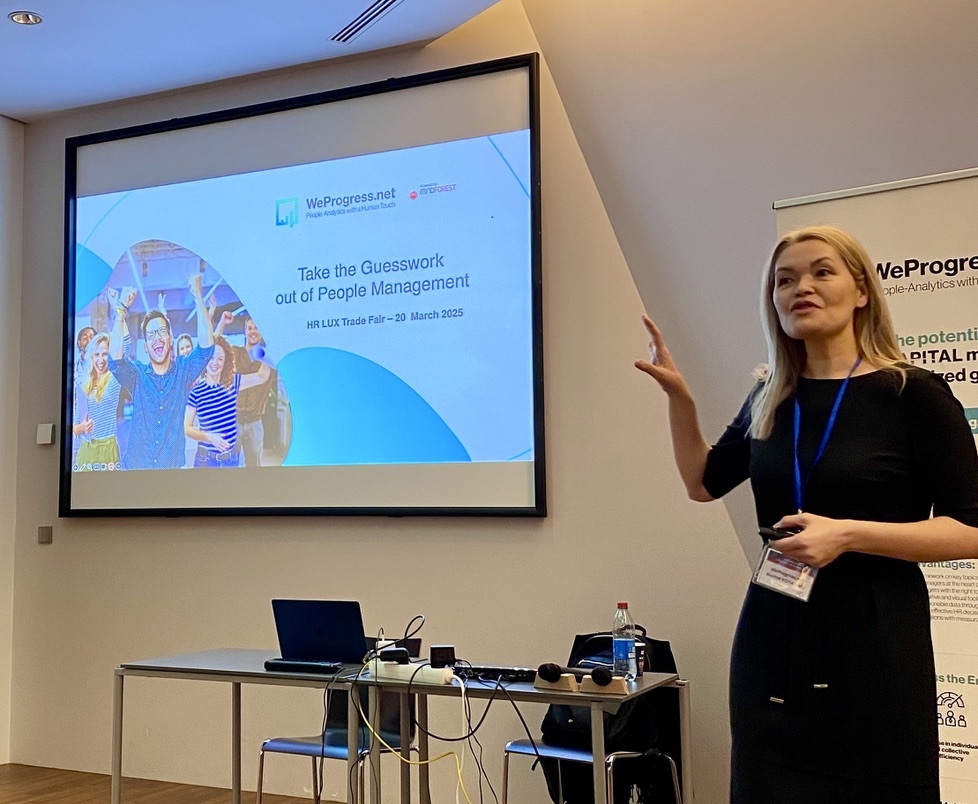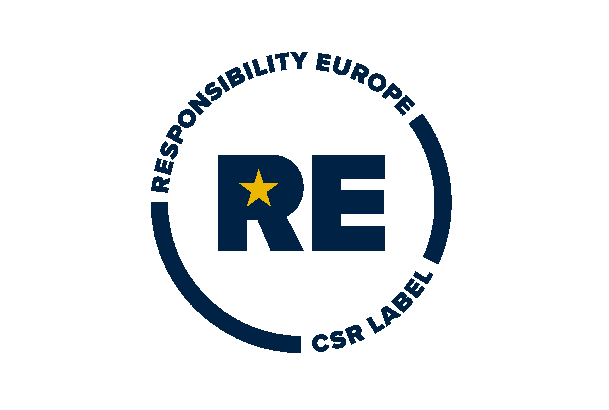Managing expectations to achieve your goals
In our private and professional lives, we frequently have to make requests to those around us, in particular to satisfy one or more of our needs. Whether it’s a request for a service, an order for raw materials to start a production process or a request to organise a few days holiday with our partner.
In each case, it is not uncommon for the answers to our requests not to be entirely in line with the expectations that we linked to them.
This is why, today we would like to clarify the meaning of expectation management, its advantages and importance. Further, we would like to provide you with an explanation of what expectation management is and its advantages, as well as to provide you with some key suggestions about how to manage your expectations, whether at a personal or professional level, in order to achieve your objectives.
What is “expectation management” ?
The way others behave, in both the private and professional spheres, rarely meets our expectations (particularly as we all have different personalities, upbringings and mindsets) and vice versa, therefore it is essential to identify our expectations in order to avoid disappointment. We therefore speak of expectation management when we do everything possible to define the roles and responsibilities of each of the parties involved in a transaction (in the sense of “interaction” with a partner, a supplier, a friend) so that the response to the request we have formulated is as aligned as possible with the expectations of both parties, to meet our mutual needs. Expectation management also means bringing together all possible means to ensure that the response to the request satisfies the expressed need(s) as much as possible.
Why “manage expectations” ?
The need to manage one’s expectations before a concrete request is expressed – whether for a service or production or simply with respect to a daily task – is essential to align the different parties (the person making a request and the person responding to it) and to adjust the response to the request, i.e. to the level of requirement of the person making the request. This alignment process is essential, whatever the request, because multiple disruptive elements can permanently impact on how others understand and interpret our needs and therefore affect the way they respond to them.
These disruptive elements can be very varied, just as the difference in perception of the notions of urgency, importance and quality between the different parties involved in a relationship or a transaction may be greater or lesser.
- Indeed, the notion of urgency is not the same for one person or another or from one company to another. Very often it is conditioned by internal and external constraints that are specific to each person. When making a request, it is always necessary to specify the level of urgency to the person you are dealing with and thus clarify the maximum amount of time required to receive the services or deliverables requested.
- Clarifying the notion of importance is also crucial in achieving its objectives. The level of importance of the deliverables to be received can be key to ensuring that the need is met and should therefore also be assessed and specified when the request is made.
- The notion of quality is often problematic because it is subjective. It is therefore advisable when formulating the request to specify what “our” perception of “quality” is in order to make sure our counterpart understands the specificities or minimum criteria to be respected in order to reach the expected level.
What are the advantages of expectation management ?
All of these tips for managing expectations will help you to clarify your needs and identify the roles and responsibilities linked to a transaction. Taking them into account when setting up a collaboration (whether with a client, a partner or even in the private sphere) has several advantages:
- Cultivating trust: when someone keeps their word and delivers what they have promised, as they have promised and when they have promised it, this can only inspire trust.
- Strengthening and stabilising a relationship: the trust that enhances the relationship between the different stakeholders involved is strengthened and stabilised over time by successful transactions.
- Avoiding disappointment: knowing exactly what each stakeholder expects from the other greatly reduces the likelihood of disappointment.
- Reducing complexity: when expectations are well defined and therefore clear to each party, the transaction becomes less complex and, therefore, their relationship simpler.
How to “manage expectations” ?
- We need to pay particular attention to defining our needs correctly in order to identify how we can best meet them! In this process, it is necessary to determine what our levels of urgency, importance and quality are.
- Then we need to take the time to communicate these different elements, especially those which we are most sensitive about, so that our contact pays sufficient attention to them.
- In order to ensure that the deliverables meet requirements throughout the production process, it may also be appropriate to agree on certain monitoring points so that adjustments can be made if necessary.
- And in general, one should always clarify expectations to avoid assumptions being taken for granted, as this only to often can lead to (some) unpleasant surprises.
Let us help you
WANT TO RECEIVE OUR LATEST THOUGHT LEADERSHIP CONTENT?
Related posts
 Take the Guesswork out of People Management
Take the Guesswork out of People Management
 From processes to people: achieving quality
From processes to people: achieving quality
 Daring to lead Positive Transformation: What if Positive Emotional Capital was your key to sustainable change?
Daring to lead Positive Transformation: What if Positive Emotional Capital was your key to sustainable change?
 Why hire Change management professionals? We can do it alone!
Why hire Change management professionals? We can do it alone!
 Digital Transformation and Change Management: Lessons shared in an event hosted by Cebi and MindForest
Digital Transformation and Change Management: Lessons shared in an event hosted by Cebi and MindForest



